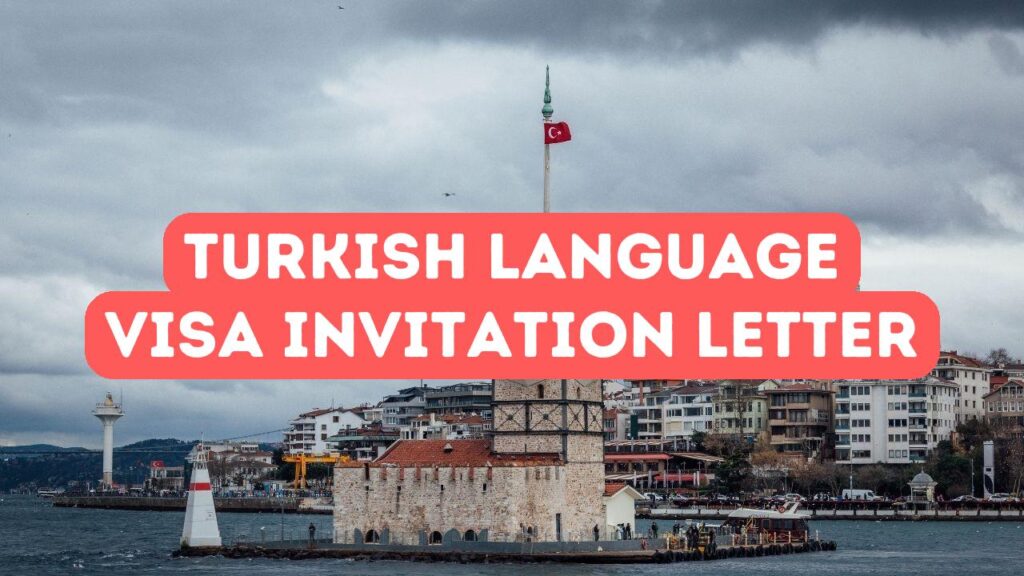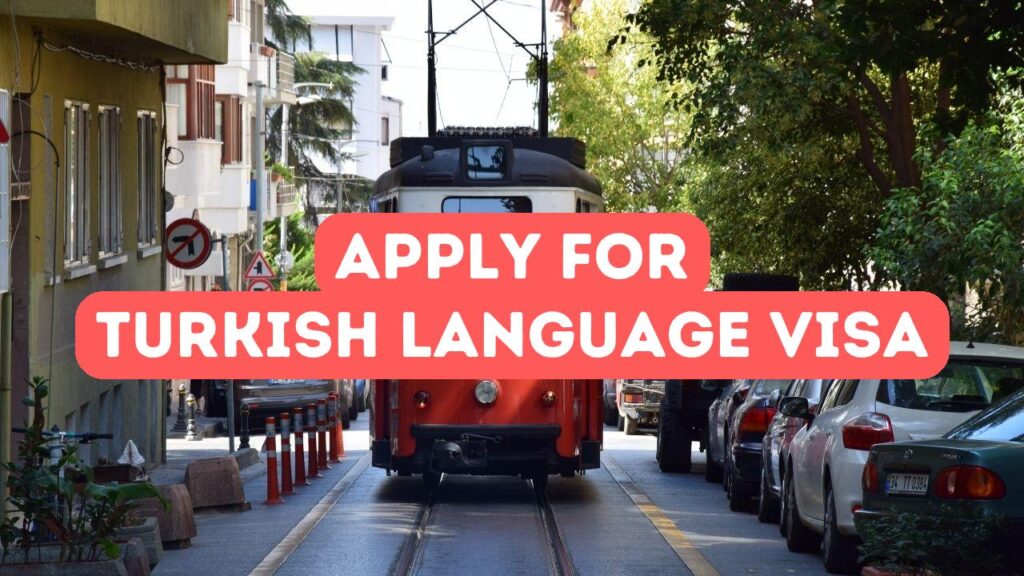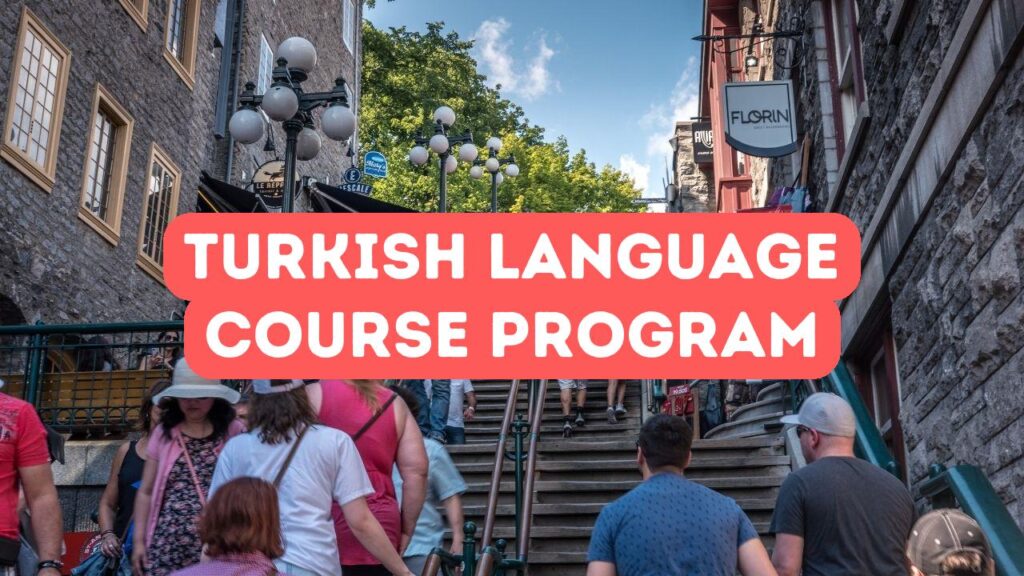Navigating the intricate process of studying abroad necessitates a keen understanding of various requirements, one of which is obtaining a visa. A Turkish Language Visa Invitation Letter is an essential document for international students who wish to immerse themselves in the rich linguistic and cultural landscape of Turkey by studying the Turkish language. At Campus Turquie, we understand the complexities that come with acquiring this vital paperwork. Our experienced consultants are dedicated to simplifying the process, ensuring that your application is both thorough and compelling. This article aims to provide a comprehensive overview of what a Turkish Language Visa Invitation Letter entails, why it is crucial, and how our services can assist you in successfully obtaining it, setting the stage for an enriching academic journey in Turkey.
Key Elements of a Compelling Turkish Visa Invitation Letter
A compelling Turkish Language Visa Invitation Letter must clearly articulate several key elements to ensure success. Firstly, it should explicitly state the purpose of the invitation, emphasizing the applicant’s intent to study the Turkish language. This includes detailing the language course or program, its duration, and the institution where it will be held. Secondly, the letter must provide comprehensive information on the applicant, including personal details and educational background, to establish credibility and sincerity. Additionally, it is crucial for the inviting institution or individual to demonstrate their authority and capacity to host the student, often by including institutional credentials or proof of affiliation. These elements together form a cohesive and persuasive narrative that satisfies visa authorities’ requirements, significantly increasing the chances of approval.
Equally important is the inclusion of logistical details that underscore the practical arrangements for the applicant’s stay in Turkey. This involves specifying accommodation plans, whether provided by the institution or arranged independently, as well as outlining financial support to cover tuition, living expenses, and other costs. A detailed description of the applicant’s financial resources or sponsorship demonstrates their preparedness and ability to sustain themselves during their stay. Moreover, the letter should address health insurance coverage, indicating that all necessary medical needs will be met. By addressing these logistical aspects, the invitation letter reassures visa authorities of the applicant’s complete readiness for their educational venture in Turkey, thus bolstering the case for approval.
Lastly, the tone and language of the invitation letter hold substantial weight. It is imperative for the letter to employ formal, clear, and precise language, thereby reflecting the seriousness and professionalism of both the applicant and the inviting institution. Using compelling yet straightforward language can effectively convey the genuineness of the applicant’s academic pursuits. Additionally, the letter should adhere to proper formatting and include all necessary signatures, seals, and contact details of the authorized individuals. Attention to these finer details not only enhances the credibility of the letter but also facilitates a smoother verification process by the visa authorities. At Campus Turquie, our consultants are adept at crafting meticulously tailored invitation letters, ensuring that every aspect is thoroughly addressed, thus paving the way for your successful academic journey in Turkey.
Top Mistakes to Avoid in Your Turkish Visa Invitation Letter
One of the most common mistakes when preparing a Turkish Language Visa Invitation Letter is providing incomplete or inaccurate information. It’s imperative to ensure that all details such as your name, passport number, the institution you plan to attend, and the duration of your stay are accurate and match the information in your passport and other official documents. Any discrepancies can lead to delays or even rejections of your visa application. At Campus Turquie, our consultants meticulously review each component of your invitation letter to make certain that every piece of information is precise and consistent, helping you avoid potential pitfalls and streamline the application process.
Another frequent oversight is failing to clearly articulate the purpose of your visit and your study plans in Turkey. Your invitation letter should explicitly mention your intent to enroll in a Turkish language program, detailing the duration and nature of the course. Additionally, it should underscore your commitment to return to your home country upon completion of your studies. Ambiguity in these areas can raise red flags with visa officers and jeopardize your application. Campus Turquie’s experienced consultants ensure that your invitation letter clearly outlines your academic goals and intentions, thereby presenting a compelling case for your visa approval.
Neglecting to include necessary supplementary documents along with your Turkish Language Visa Invitation Letter is another key mistake that applicants often make. These additional documents can encompass proof of enrolment in a Turkish language course, evidence of financial stability, accommodation details, and return flight reservations. Each of these components plays a critical role in substantiating your application and providing a comprehensive overview of your preparedness to study in Turkey. At Campus Turquie, we guide you through the process of assembling a thorough and persuasive application package, reducing the risk of oversight that could derail your plans. Our consulting services ensure that all requisite documents are meticulously compiled and submitted, bolstering your chances of a successful visa application.
Step-by-Step Guide to Writing a Turkish Visa Invitation Letter
Crafting a Turkish Language Visa Invitation Letter begins with the header, which contains the contact details of the inviting institution or individual in Turkey, such as the school’s name, address, phone number, and email. This is followed by the date, which should be the day on which the letter is written. Subsequently, address the letter to the Turkish consulate or embassy, since they are the authorities responsible for processing visa applications. Including a proper salutation sets a formal tone and should mention the relevant consulate staff or simply use “To Whom It May Concern.” This initial section establishes the official nature of the document and ensures that it reaches the appropriate department, setting the foundation for the subsequent detailed descriptions necessary for a successful application.
In the body of the Turkish Language Visa Invitation Letter, the inviting institution or individual must clearly state the purpose of the invitation and the recipient’s intent to study Turkish. This should include a brief introduction of the student, mentioning their full name, nationality, passport number, and the course or program they have been admitted to. Provide details about the duration of the course, including the start and end dates, to affirm the student’s commitment to the academic program. Additionally, it is essential to outline the credentials of the inviting institution, highlighting its authorization to offer Turkish language courses and any relevant accreditations. This section not only substantiates the legitimacy of the invitation but also reinforces the student’s genuine intention to study Turkish in Turkey, thereby supporting the overall visa application process.
Closing the Turkish Language Visa Invitation Letter involves reiterating the support and assurance provided to the student during their stay in Turkey. Clearly state that the inviting institution or individual will offer assistance with accommodations, if applicable, and will ensure that the student has access to necessary resources for their studies. It is also beneficial to mention any additional support, such as orientation programs or cultural integration activities, which demonstrate the institution’s commitment to the student’s welfare. Conclude the letter by expressing gratitude to the consulate or embassy staff for their consideration and assistance and provide a direct point of contact within the inviting institution should further information be required. Finish with a formal closing, such as “Sincerely” or “Best regards,” followed by the signature and printed name of the authorized signatory, reinforcing the document’s authenticity and official status.







